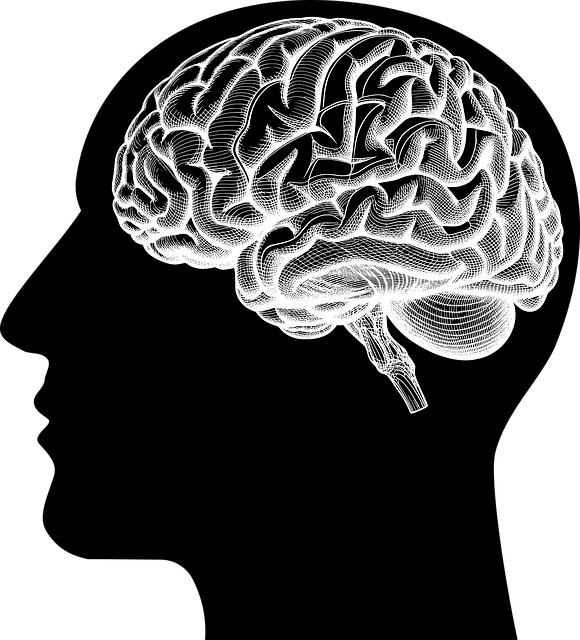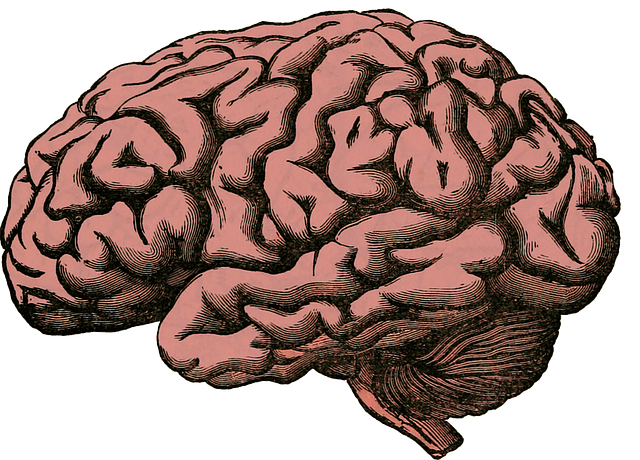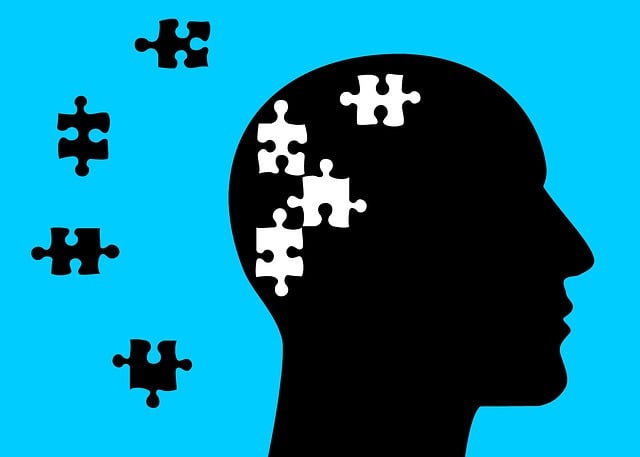Positive thinking exercises tailored to American Sign Language (ASL) communication enhance therapy for young adults' mental health, improving resilience and emotional well-being. ASL provides an alternative channel for conveying thoughts and emotions, fostering trust and exploring sensitive topics within a supportive setting. Creative strategies like writing prompts, guided meditations, and ASL interpretations of affirmations make these exercises engaging and accessible. By combining non-verbal communication with cognitive training, therapists create a safe environment that enhances language skills, emotional regulation, and social interaction, leading to improved mental wellness outcomes for young adults struggling with depression and anxiety.
Positive thinking exercises are gaining traction as an innovative approach to therapy, particularly for young adults. This article delves into the transformative power of positive thinking and its impact on mental health. We explore the unique benefits of incorporating American Sign Language (ASL) into therapeutic practices, offering a new perspective on cognitive training. Through practical strategies and inspiring success stories, we guide therapists in designing effective exercises tailored to young adults, empowering them to embrace a more optimistic mindset.
- Understanding Positive Thinking and its Impact on Mental Health
- The Benefits of Incorporating ASL (American Sign Language) in Therapy
- Designing Effective Positive Thinking Exercises for Young Adults
- Overcoming Challenges: Implementation Strategies for Therapists
- Real-Life Success Stories: Transformative Effects of ASL-Incorporated Cognitive Training
Understanding Positive Thinking and its Impact on Mental Health

Positive thinking is a powerful tool that can significantly influence an individual’s mental health and overall emotional well-being. For young adults navigating life’s challenges, adopting a positive mindset offers a unique therapeutic benefit. This concept, often explored through various therapy sessions, encourages individuals to challenge negative thought patterns and replace them with more optimistic alternatives. By implementing these techniques, young adults can enhance their resilience, improve coping mechanisms, and foster a sense of inner strength.
In the context of American Sign Language (ASL), communication strategies play a pivotal role in promoting emotional well-being. Positive thinking exercises, tailored to suit the unique needs of deaf or hard-of-hearing individuals, can be delivered through ASL. These practices empower young adults who use ASL to express their emotions healthily and build positive relationships, ultimately contributing to a more fulfilling life.
The Benefits of Incorporating ASL (American Sign Language) in Therapy

Incorporating American Sign Language (ASL) into therapy offers a unique and powerful approach for young adults seeking to enhance their mental wellness. ASL provides an alternative means of communication, allowing individuals who may struggle with traditional verbal expressions to convey their thoughts and emotions more effectively. This can be especially beneficial in therapeutic settings where open and honest expression is encouraged. By using ASL, therapists can facilitate a deeper connection with clients, promoting a sense of comfort and trust, which is essential for exploring sensitive topics related to mental health.
The benefits extend beyond communication; ASL promotes mindfulness and encourages individuals to focus on non-verbal cues, body language, and gestures, fostering a more holistic understanding of oneself and others. This can be particularly valuable in teaching positive thinking skills and practicing mindfulness meditation. By integrating ASL into therapy, professionals cater to diverse learning styles, making the therapeutic process more engaging and accessible for young adults navigating their mental wellness journey.
Designing Effective Positive Thinking Exercises for Young Adults

Designing Effective Positive Thinking Exercises for Young Adults involves tailoring activities that resonate with their unique experiences and perspectives. This age group often faces significant transitions, academic pressures, and social dynamics that can impact mental wellness. Incorporating creative strategies such as writing prompts, guided meditations, or even American Sign Language (ASL) interpretations of positive affirmations can make these exercises engaging and accessible.
For instance, public awareness campaigns focused on emotional regulation could include ASL-led videos, fostering inclusivity and providing an alternative means to connect with therapeutic content. The development of mental wellness podcast series specifically targeting young adults can also offer a platform for sharing personal stories, expert advice, and interactive exercises that promote positive thinking. These initiatives contribute to the broader goal of enhancing overall emotional well-being, ensuring young adults have the tools to navigate their challenges with resilience and optimism.
Overcoming Challenges: Implementation Strategies for Therapists

Overcoming Challenges in Therapy for Young Adults through Positive Thinking Exercises is a significant aspect that therapists should address. Many young adults face various obstacles, including mental health struggles, identity formation, and life transitions, which can hinder their progress. Therapists play a crucial role in guiding them towards a more optimistic outlook. By incorporating positive thinking exercises tailored to this demographic, therapists can enhance the therapeutic process.
Implementing strategies such as community outreach programs and public awareness campaigns about emotional intelligence development is beneficial. These initiatives raise awareness and provide accessible resources for young adults to engage with therapy and improve their well-being. Additionally, therapists can encourage clients to express themselves through American Sign Language (ASL), fostering better communication and understanding, especially for those who find verbal expression challenging.
Real-Life Success Stories: Transformative Effects of ASL-Incorporated Cognitive Training

In recent years, a unique approach to cognitive training has gained significant attention within the mental health community—incorporating American Sign Language (ASL) into therapeutic practices. This innovative strategy has proven particularly effective in transforming lives and offering new hope to young adults struggling with various mental health challenges. Real-life success stories abound, highlighting the profound impact of ASL-integrated therapy on individuals previously plagued by depression and anxiety.
By combining the power of non-verbal communication with cognitive training techniques, therapists create a safe and engaging environment for young adults to express themselves. This method not only enhances language skills but also facilitates better emotional regulation and social interaction. Studies have shown that this dual focus contributes to improved mental wellness, making it an excellent tool for depression prevention and risk management planning in the field of mental health professional services. Additionally, the success of ASL-based therapy has inspired the production of a popular mental wellness podcast series, further spreading awareness and promoting accessible treatment options for those seeking better mental health outcomes.
The integration of American Sign Language (ASL) into therapy offers a powerful approach, especially for young adults, to enhance mental well-being through positive thinking exercises. By combining ASL with cognitive training, therapists can create engaging and accessible sessions that cater to diverse learning styles. Overcoming challenges through strategic implementation ensures successful outcomes, as evidenced by real-life success stories highlighting the transformative potential of this innovative method in therapy for young adults.











